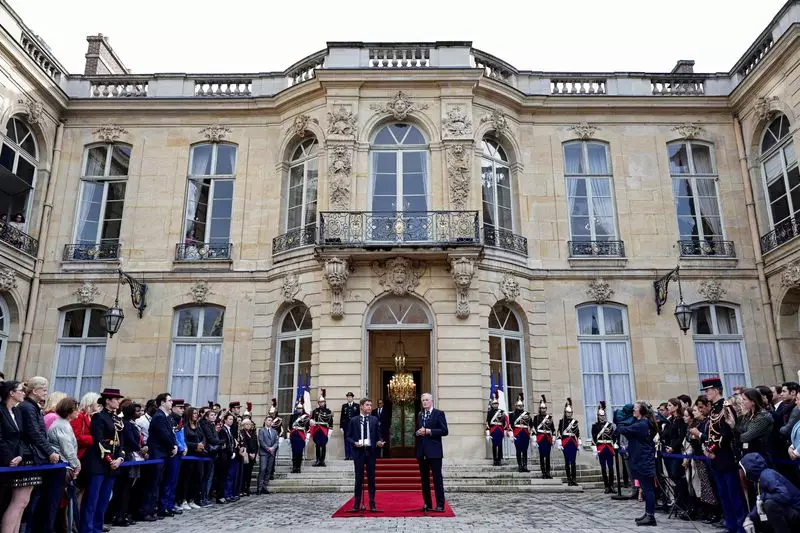France has approached the European Commission, asking for an extension beyond the original deadline of Sept. 20 to submit a plan aimed at reducing its public deficit. This request comes in the wake of uncertainties regarding Paris’ 2025 draft budget. The Finance Ministry stated that an extension is crucial to ensure the coherence of the plan with the upcoming budget.
The French finance ministry warned that the country could witness a surge in its budget deficit this year and the next if additional savings are not identified promptly. As the second-largest economy in the euro zone grapples with a political crisis, the deteriorating finances have propelled Paris into EU disciplinary procedures, putting pressure on incoming Prime Minister Michel Barnier to navigate through these challenging times.
Amid the financial turmoil, Prime Minister Michel Barnier, a conservative and the former Brexit negotiator for the EU, faces the daunting task of forming a new government and crafting a budget by Oct. 1. The specter of a potential parliamentary vote of no-confidence hovers over him, adding to the complexity of the situation. Barnier acknowledged the tough road ahead, emphasizing the need to restore order in France’s financial landscape.
The political scenario in France presents a delicate balance of power, with the leftist New Popular Front (NFP) alliance and the far-right National Rally (RN) holding the majority in parliament. Together, these factions could join forces to oust the prime minister through a no-confidence vote, thereby asserting their influence on the formation of the new government. The RN, in particular, has emerged as a key player, setting conditions for its support and positioning itself as the pivotal force in deciding the government’s fate.
The leader of the RN, Marine Le Pen, articulated the party’s stance, highlighting the importance of implementing measures that resonate with the electorate. With millions of votes backing their ideologies, political parties are under immense pressure to deliver on their promises and prioritize the welfare of the citizens. Le Pen’s warning of a potential vote against the government underscores the gravity of the situation and the repercussions of failing to meet the expectations of the French populace.
France’s plea for an extension on the deadline to address its public deficit reflects the deep-rooted challenges facing the country’s financial stability. The intricate interplay of political dynamics, economic uncertainties, and public expectations underscores the complexities inherent in governing a nation amidst crises. As Prime Minister Barnier navigates through this tumultuous period, the decisions taken in the coming weeks will not only shape the future of France but also have far-reaching implications for its relationship with the EU and global financial markets.

